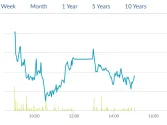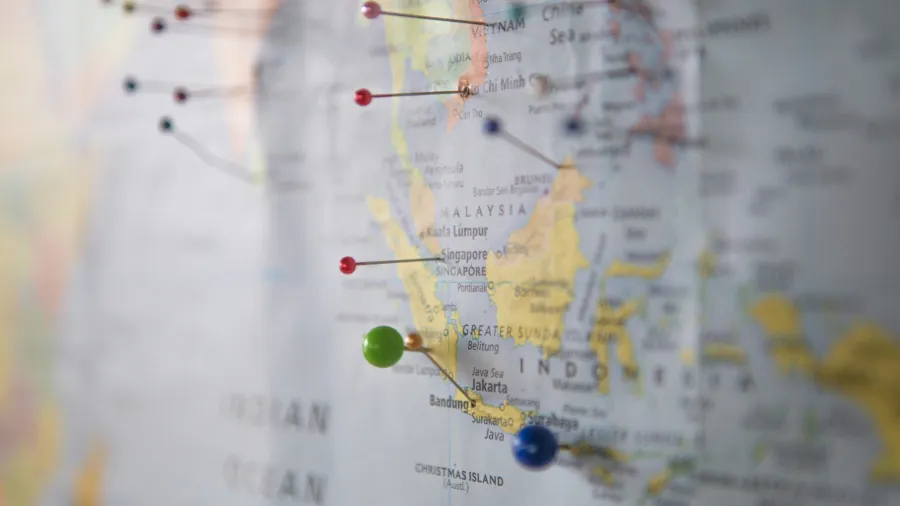
Geopolitical instability heightens need for robust ERM: WTW
60% of companies enhanced their processes to manage political risks.
The frequency and severity of geopolitical risks, from political instability and economic sanctions to policy uncertainties, are increasing, significantly impacting company operations and profitability.
Managing these risks demands comprehensive, forward-looking, and sophisticated methods, and enterprise risk management (ERM) provides a robust framework to deliver them, urged WTW.
The ongoing conflict remains a primary concern, potentially affecting regional stability and global markets. Numerous elections, including critical US elections, increase the potential for political instability and policy shifts.
Escalating tensions between the US and China affect trade policies and economic relations, with significant global market implications. Fluctuations in major economies' climate policies create uncertainty for businesses aligning with regulations and transition strategies.
Additionally, the instability, particularly involving Iran and Israel, poses risks to global energy markets and regional security. Non-traditional conflicts, such as cyber-attacks and economic coercion, are rising like Houthis disrupting global shipping routes.
Traditional geopolitical risk management is often reactive, focusing on immediate threats without considering long-term strategic implications. This approach, typically siloed and predictive, lacks comprehensive, connected risk assessment, limiting effective responses to dynamic global politics. A modern approach demands a mitigation-focused strategy, facilitated by ERM.
By integrating risk management into organizational planning and decision-making, ERM provides a more adaptive and resilient strategy for geopolitical uncertainties.
“Applying ERM to geopolitical risks can deliver significant benefits. It promotes a systematic, unified approach to risk management, crucial to avoiding fragmented or inconsistent responses to threats. ERM helps ensure all business functions are aligned and working towards the same risk management goals, enhancing overall efficiency and effectiveness,” the WTW insight added.
Developing detailed scenarios to predict and mitigate the impacts of political instability and prepare for various outcomes.
Forming teams dedicated to monitoring and responding to political risks, enhancing coordinated and agile responses. Using advanced analytics and intelligence services to stay ahead of potential risks and adjust ERM strategies accordingly. Integrating political risk assessment into strategic planning and ERM frameworks, with 60% of companies enhancing their processes to manage political risks better.










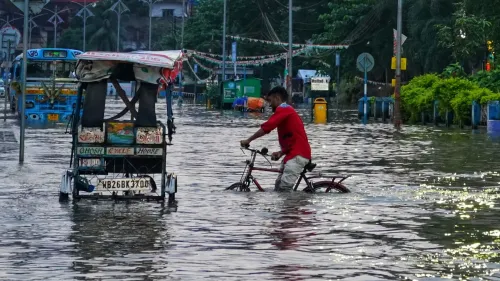
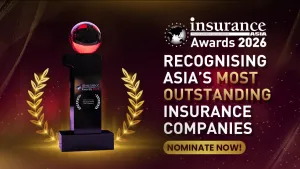
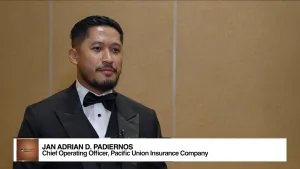
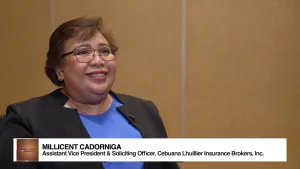



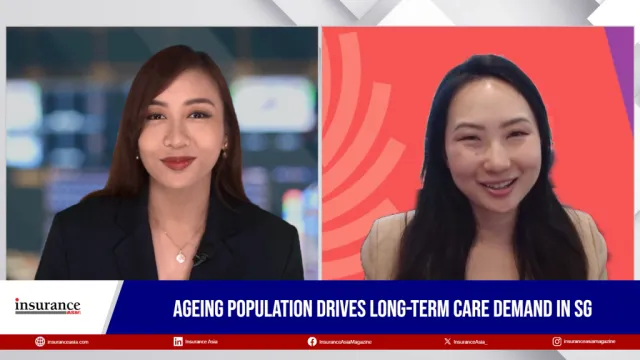

 Advertise
Advertise
